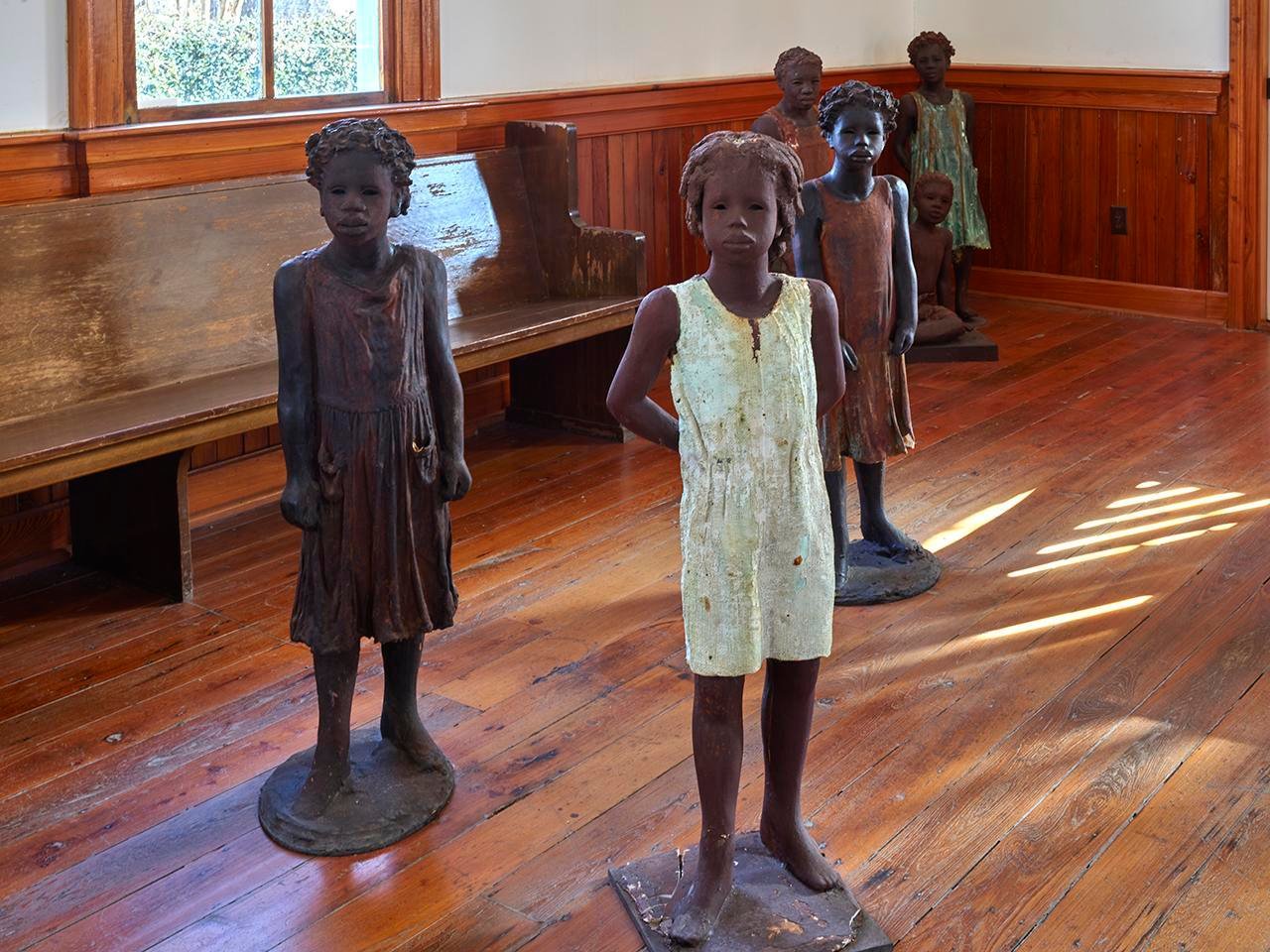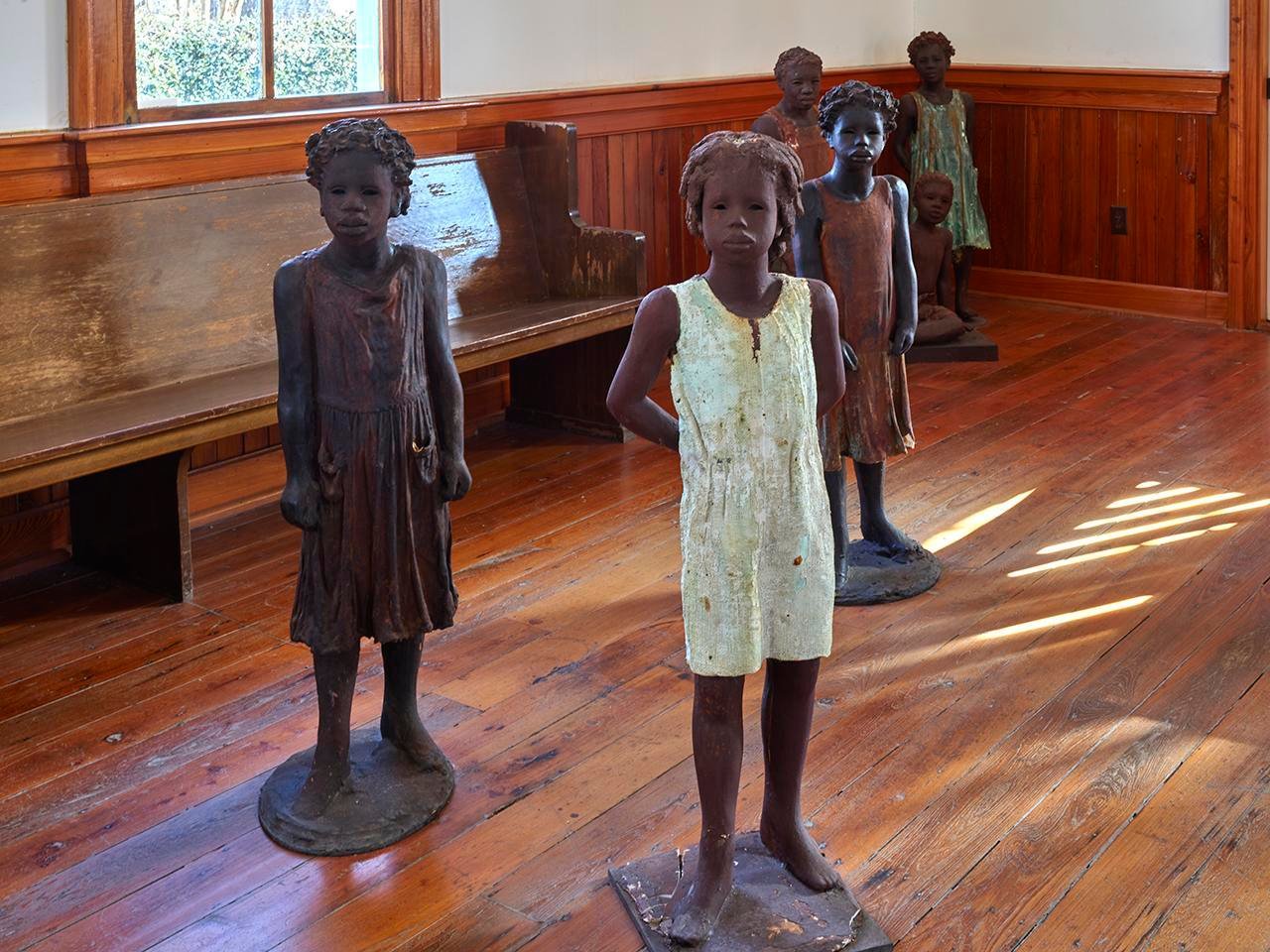Forgotten Indigenous child slaves of New France revealed in new studies
Forgotten Indigenous child slaves of New France revealed in new studies

Forgotten Indigenous child slaves of New France revealed in new studies

cross-posted from: https://hexbear.net/post/5623548
Historical accounts between 1632 and 1760 show a chilling reality: 734 Indigenous children were enslaved in France’s North American colony. These children, torn from their families and transported far away, were subjected to a system in which they were considered to be commodities to be purchased, sold, and utilized as labor. Quebec historian Dominique Deslandres illuminates this largely forgotten page in Canadian history in two recent studies.
While slavery among Indigenous peoples existed before contact with the Europeans, the French, and then the British, introduced a more rigid, permanent form based on Roman law: a child born of a slave mother was automatically a slave himself. This was different from Indigenous culture, where slavery was not passed down from parent to child and could often be temporary or symbolic.
Deslandres, a professor at the Université de Montréal, notes that Montreal (then Ville-Marie)’s slavery history has long been an overlooked subject. Her recent articles reveal not only the scale of slavery in the colony but also its ruinous effect—especially on children.
These children, then well known by the French colonial terms panis or panisse, were deprived of their identity. They had only first names, or acquired the owner’s surname—a dehumanizing practice that deprived them of their roots and contributed to what Deslandres mentions as a “social death.”
